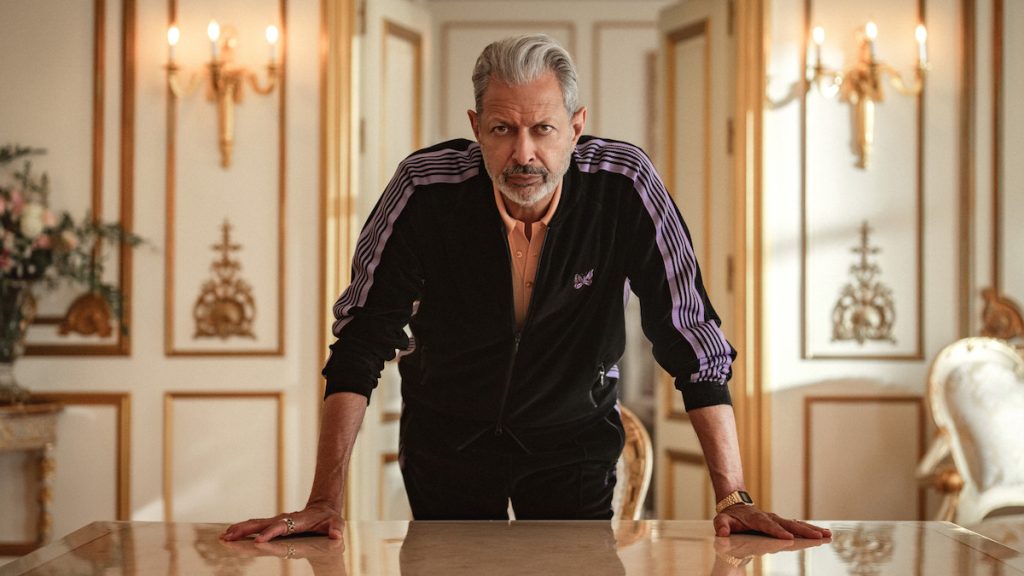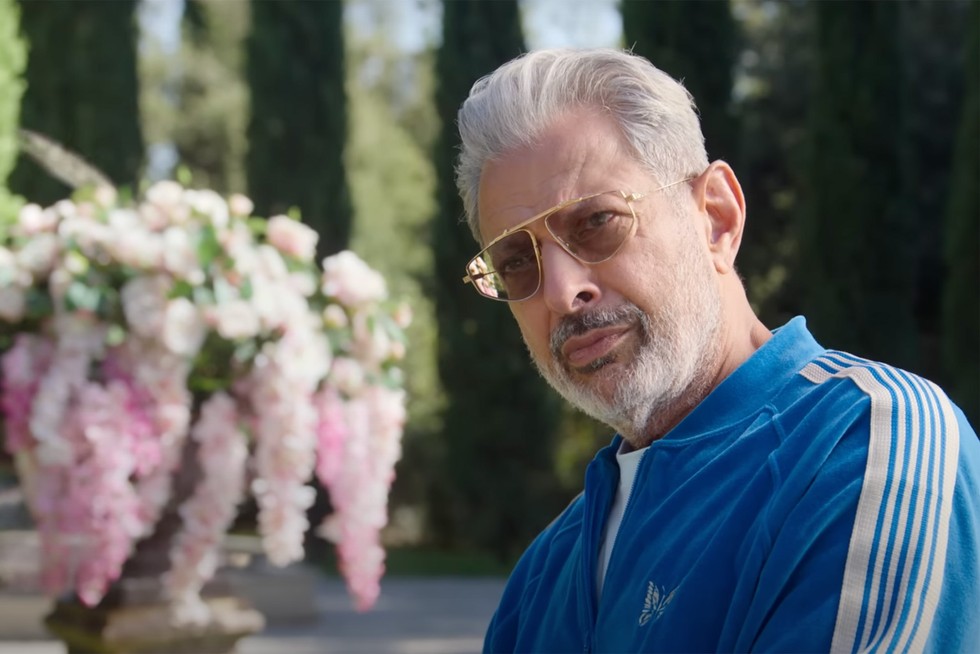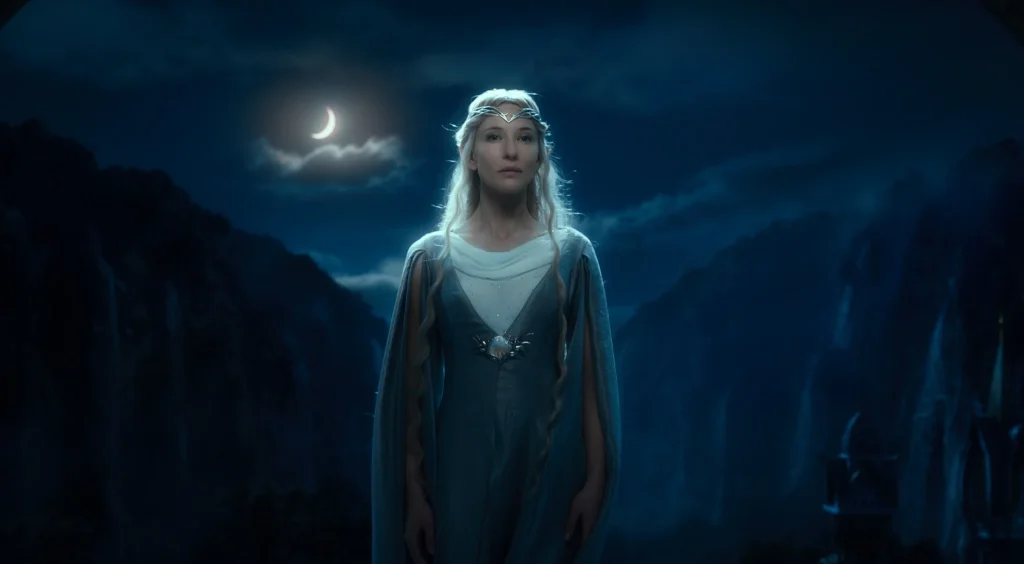Kaos reimagines Greek mythology, bringing to life the gods of Olympus — a wide-eyed take on Gods! This variation from the state-backed narrative has raised much controversy across viewers and critics alike.
How did the creators of Kaos come to depict their gods in such an unflattering light? This essay will delve into the mechanics of why this decision was made, but reveals something about power, corruption and just being human.

Subverting Traditional Mythology
Kaos also plays with the traditional mythology by portraying gods in a negative way, which opposes to how we perceive as perfect beings. In old myths there were Gods, who showed ideals — of justice or wisdom or love. But Kaos does it differently, its flawed, imperfect and “grey”.
They subverted our faith by using the gods as a means to create doubt in their very godly authority and benevolence, reminiscent that even divine beings can have flaws akin to humans. Kaos accomplishes this by demonstrating that gods are just as petty and selfish in the form of jealousy, greed, and ambition.
It is an impression that suits our contemporary taste for the complex over overly perfected heroes and allows us to reconsider hard definitions of divinity or control, a revisionist look at classical myths.
Why Did Kaos Portray the Gods in Such a Negative Light?
Kaos portrayed the gods as very human if not caddish so readers could relate to them. Rather than portraying them as perfect beings, the show went all out with their flaws: jealousy; greed; and a lust for power.
That might be a negative or positive but it really makes all the gods appear to act more like human beings with good and bad nature. In doing this, Kaos falls in line with more modern narratives that favour layered and flawed characters. And it makes us question power and authority, revealing that gods can have poor decision-making abilities.
A more negative outlook on the gods will bring further drama and conflict to keep audiences entertained. Nels not only illustrated old myths in new, fresh ways, but he managed to make something truly other from them–or as Kaos wrote in “Lines,” a magnifying gesture.
Fate and Free Will in “Kaos”
In “Kaos,” the gods are portrayed as unpredictable, at times cruel, and acting with motives of impulse rather than any set plan. This negates the very meaning of fate in most instances, where gods are supposed to be controllers of destiny.
More often than not, the gods in “Kaos” sport with human lives for their entertainment or to fulfill their desires, playing with the concept of human free will.
On the other hand, the series also tends to propose that individuals can make choices, as characters like Persephone and Hermes manifest some level of autonomy and rebellion. This causes the duality of fixed events versus individual control over one’s future.
Power and Corruption
In “Kaos,” the gods come across as very powerful. They can do anything they want, and no one can stop them. But this strength also makes them bad. They become greedy, selfish, and cruel. They use their strength to hurt others and to get what they want.
Power in such a scenario is seen as something that has the potential to bring harm upon people. Power can make good people turn to evil. This is how “Kaos” portrays the message of power and corruption.
Humanity and Divinity
The gods, in “Kaos,” are really evil. They are selfish, unkind, and greedy. They use their power to harm others and get what they want. That is how some people can be. Some people are selfish, unkind, and greedy.
They may use their powers or influence against others. It is in “Kaos” that it can be seen how bad the gods could be, and this might as well indicate humans being bad too. It might just be one way of pointing to humanity’s flaws.


